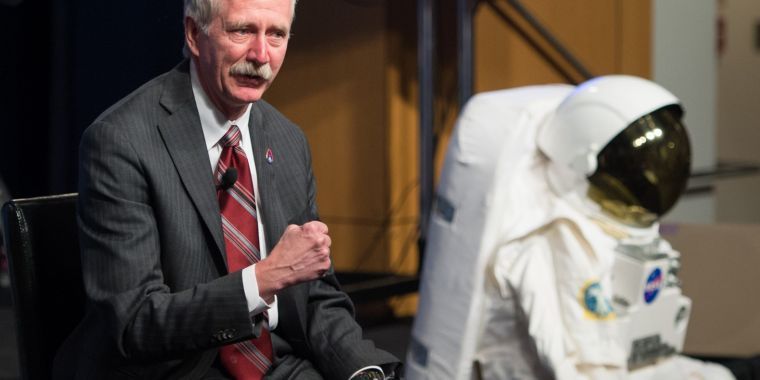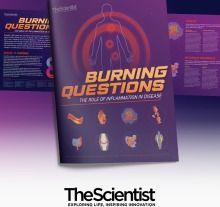Circa 2015
As weapons get more sophisticated, researchers are trying to build defence systems that can keep pace, and what’s better than a force field?
Aerospace and defence giant Boeing has been awarded a patent to develop a force field-like system that could protect military vehicles from shockwaves following explosions from missiles or improvised explosive devices.
Boeing’s proposed system involves using a combination of lasers, electricity and microwaves to rapidly heat up the air between the vehicle and a blast. This heat creates a plasma shield that’s denser than the surrounding air and able to deflect or absorb the energy from the incoming shockwave.








